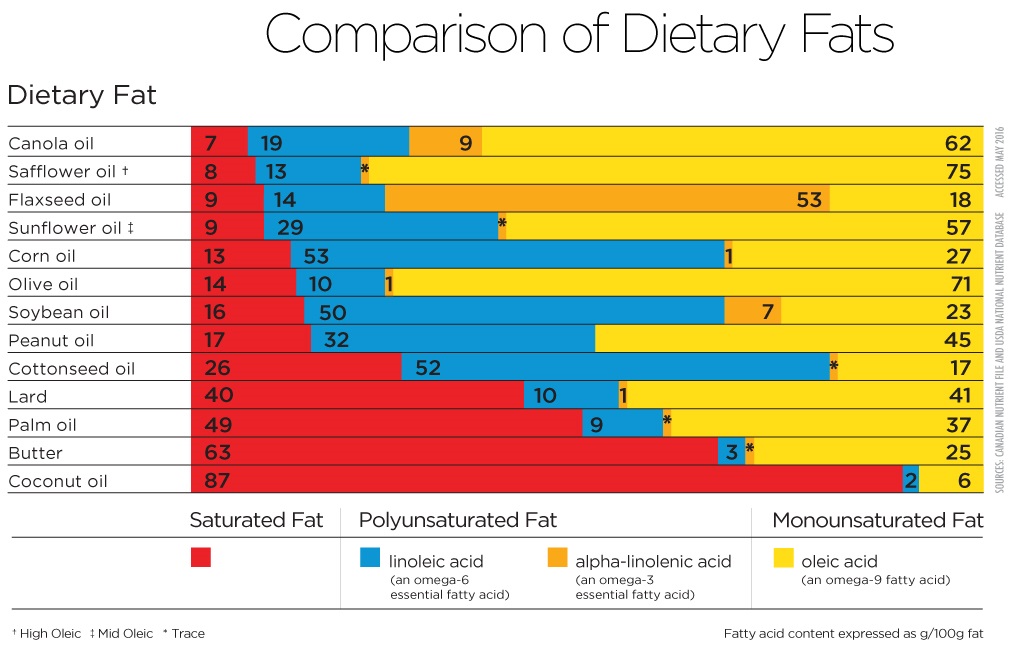
Canola is an oilseed crop which, in North America, is grown primarily in regions of Western Canada.
read moreCanola is an oilseed crop which, in North America, is grown primarily in regions of Western Canada. Each canola plant produces yellow flowers which, in turn, produce pods, similar in shape to pea pods but about 1/5th their size. Within the pods are tiny round seeds that are crushed to obtain canola oil. Each seed contains approximately 40 percent oil. The remainder of the seed is processed into canola meal which is used as high protein livestock feed.
Rapeseed is not a word that can be used in the place of canola. Canola was developed by Mendelian genetics from rapeseed in the early 1970’s and has a very different chemical composition. There are strict quality standards governing canola, and products which do not meet Canadian government standards cannot use this trademarked term.

Most nutrition experts recognize canola oil as having the best overall fatty acid ratio. Canola oil has the lowest level of saturated fat (7 percent), is relatively high in monounsaturated fat (61 percent), and has a moderate level of polyunsaturated fat (32 percent.)
Health practitioners and dietitians have praised the fatty acid profile of canola, labeling it the oil with the best fatty acid ratio. Research indicates the fatty acid composition of canola oil is most favorable in terms of health benefits and as a part of a nutritionally balanced diet.
Today’s dietary guidelines require a reduction of saturated fat. Research studies have shown a link between saturated fat and increased serum cholesterol which, in turn, is associated with increased coronary heart disease risk. Canola oil has the lowest level of saturated fat (7%) compared to all other oils on the market today.
Canola oil is high (61%) in the monounsaturated fatty acid oleic acid. Oleic acid has been shown to reduce serum cholesterol levels and LDL cholesterol levels. Oleic acid does not affect levels of HDL cholesterol.
Polyunsaturated fatty acids are essential for humans, as they cannot be synthesized in the body and must be supplied through the diet. Canola oil contains a moderate level (21%) of the polyunsaturated fatty acid linoleic acid and an appreciable amount (11%) of alphalinolenic acid.
Alpha-linolenic acid has been shown to be effective in lowering serum triglyceride levels as well as in reducing platelet aggregation and increasing blood clotting time. These anti-blood clotting effects play an important role in the reduction of coronary heart disease.
Canola oil has received two awards: “Product Acceptance Award” American College of Nutrition “Health Product of the Year Award” American Health Foundation.